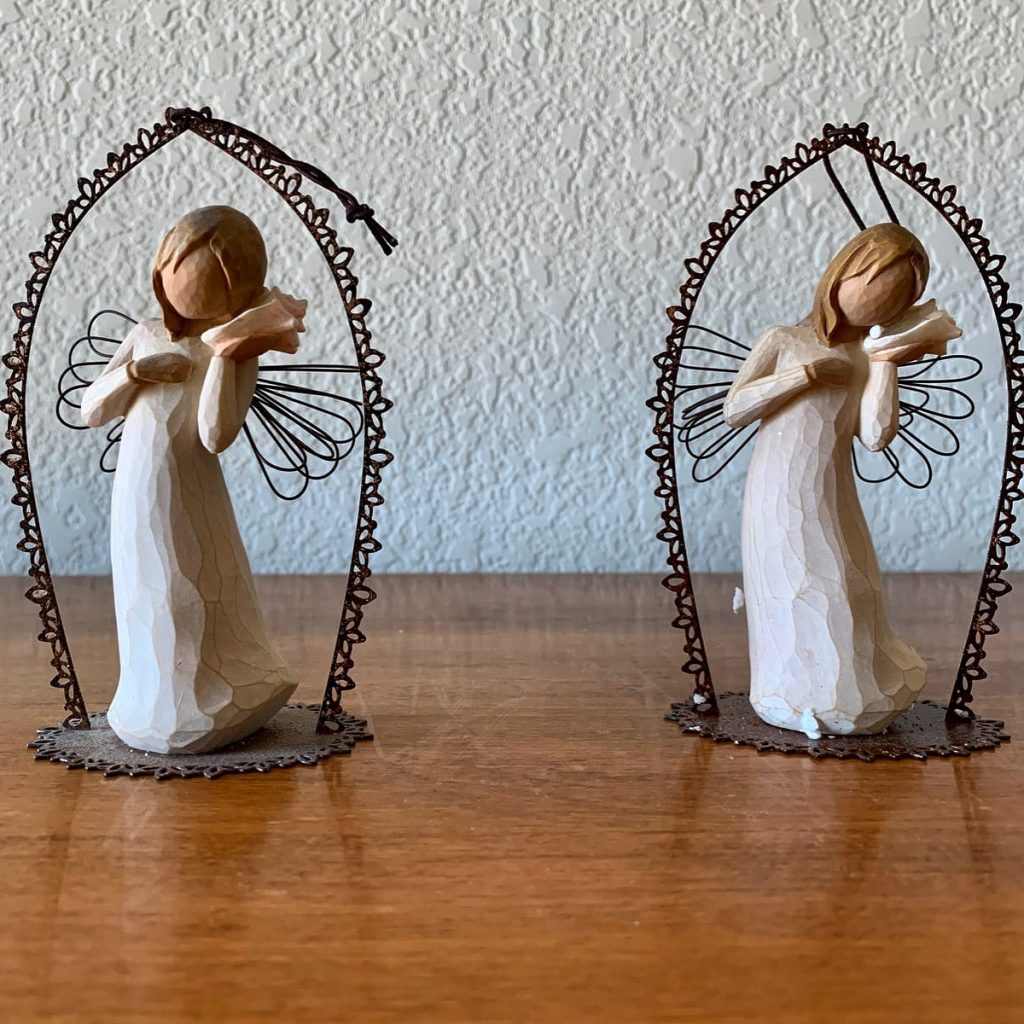I was multitasking in the kitchen the other day, preparing lunch while overseeing Charleston’s mathwork at the counter, when my son looked up at me and asked, “Mom, if I do two extra pages of my workbook today, can I earn a cookie with my lunch?”
I glanced up from the sandwiches I was assembling and, after mulling over his proposition for a few moments (weighing the merits of extra education against the downsides to excess sugar), I cautiously conceded.
Upon hearing my answer, Charleston rushed to my side to envelope me in a hug, exclaiming, “Thank you! You are the BEST mommy for saying yes.” In Charleston’s eyes, my granting his rather inconsequential request made me “the best”—at least, in that moment.
From Charleston’s youthful perspective, a mother who conceded to his simple desires automatically rendered me Mom of the Year. Normally, I would have laughed off the ease with which I obtained this title from my son, but on that day, his over-the-top (in my view) response startled me to attention. I could see that this was a teachable moment: not necessarily for Charleston, but for me.

As an adult, it is easy for me to see that Charleston’s quickness to label me “good” or “bad” based on something so trite is laughable. But I think his mindset speaks volumes to the way we (as adults with fully formed brains and very limited understanding) view God. When the Lord grants our requests, we say that He is good. We sing and celebrate, extolling His goodness and reveling in His compliance to our personal desires. BUT, when God answers no (or wait or not exactly) to our demands, we hurl ourselves into spiritual tantrums. We complain that God isn’t good, that He doesn’t understand; we lament His answers and insist that a good God would not possibly deny our requests . . which leads us to the mistaken conclusion that God must not be good after all. But just as my merits as a mother are not dependent on whether or not Charleston gets his cookie, God’s inherent goodness is entirely removed from how He chooses to respond to our asks.
The question of why a good God allows bad things to happen dates back to the earliest of spiritual skeptics, and I won’t claim to have an entirely helpful or hopeful response. Over time I have come to accept that God, in His sovereignty and infinite wisdom, truly is working all things out for our good, even (or maybe usually) in ways that we as His children can’t fully comprehend. Because of this understanding of God, I’ve generally accepted that He ALWAYS answers “no” when an immediate “yes” does not fit within His divine game plan.
Recently, though, my perspective shifted when I encountered a Biblical instance in which this was not the case. It’s a story I’ve read many times before, that of the people of Israel begging God to grant them a king. At the time, the Lord knew that a mortal king could not meet the needs of His people, and that establishing an earthly monarchy on their behalf was far from the Israelites’ best interest. Eventually, God relented. He did give them a king, who led to a series of kings, none of whom lived up to the Israelites’ expectations. Over generations it became clear that God had been right all along: Israel was better off without a human king. God easily could have denied His people’s requests—requests that would lead to heartache—but instead He chose to say yes. . . acting outside His understanding of what He knew to be best for them.
Of course, we serve a God of restoration and redemption, and He was able to rework this “Plan B” into an incredible story that led to the birth of the one True King. But I can’t help but wonder how the story might have worked out differently if God had said “no” to His people’s incessant and misinformed pleas. What goodness was lost as a result of their getting their way?
I wonder, too, how my own story might have worked out differently if God had answered “no” to more of my prayers. . . or if He had answered “yes” to prayers I never should have been praying.

We have two angel figurines displayed in our home that are small tributes to our two babies in Heaven—the first miscarried the year before I conceived Charleston, and the second that would have been Kali and Sully’s triplet. Charleston looks at these angels often and reflects on the siblings he never got to meet. He recently told me how sad he was about the loss of his potential older sibling, and I had to explain that because of the timing of that pregnancy and his, if that baby had been granted life, Charleston himself could not have been born.
I never wanted to experience a miscarriage. No mother does. When it became clear we were going to lose that baby, I begged God for a miracle. I pleaded for the life of the child I hoped would make me a mom. And God said no. That loss was far from my own plan for myself. But because God said no then, He was able to say “Yes!” to conceiving and giving birth to the remarkable son that is my firstborn. I feel sick at the sheer thought of a world without Charleston in it, and am immeasurably grateful that God chose to say “yes” to His plans for our family and not my own. I feel similarly about my other two children (the twins we never would have had if not for years of painful infertility) and to countless other unexpected blessings that have come as a result of my not getting my own way.
God loves to hear from us His children, and He willingly listens to our petitions. I have complete faith that God is able to grant any and every one of our requests, even those that could potentially lead to our heartache and pain. But I put even more faith in the goodness of God’s Plan A. Sure, He can rework plans B, C, or even Z to accomplish His purposes and bring about the good He has in store for us. But I have to wonder. . . how many blessings get sacrificed in the rerouting?
The prayer “thy will be done” can lose meaning when we forget that, while God’s ultimate will is always fulfilled and He will eventually work all things together for good, His immediate will is not always done. He can and does allow things to happen that are outside of what He knows might be best, things outside the framework of His short-term will for us. We are free to ask God for what we want, and He very well may say yes, giving us over to the consequences of our own free wills; but we are better off hoping for HIS divinely-informed will to be done than pining for our potentially-misguided earthly requests to be fulfilled.

In praying that God’s will may be done in our lives and our world, we align with God’s interests for us—interests we may not understand but that truly are best. We make the decision to trust that while He is able to work anything for our good, we are best off leaving the details up to Him. Because, regardless of how we may perceive God’s goodness or His kindness or the merits of His decisions, our Lord God REALLY IS the best.